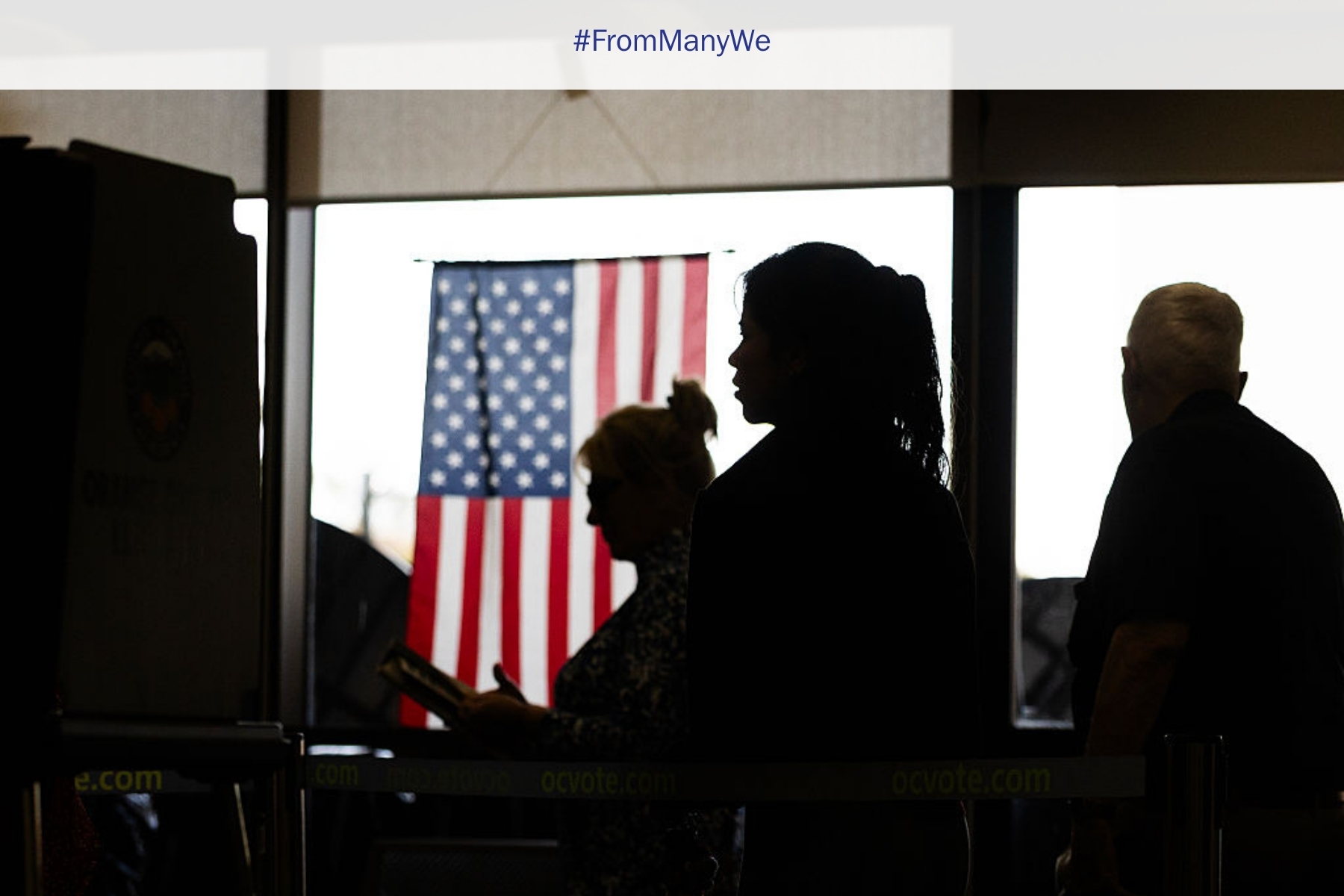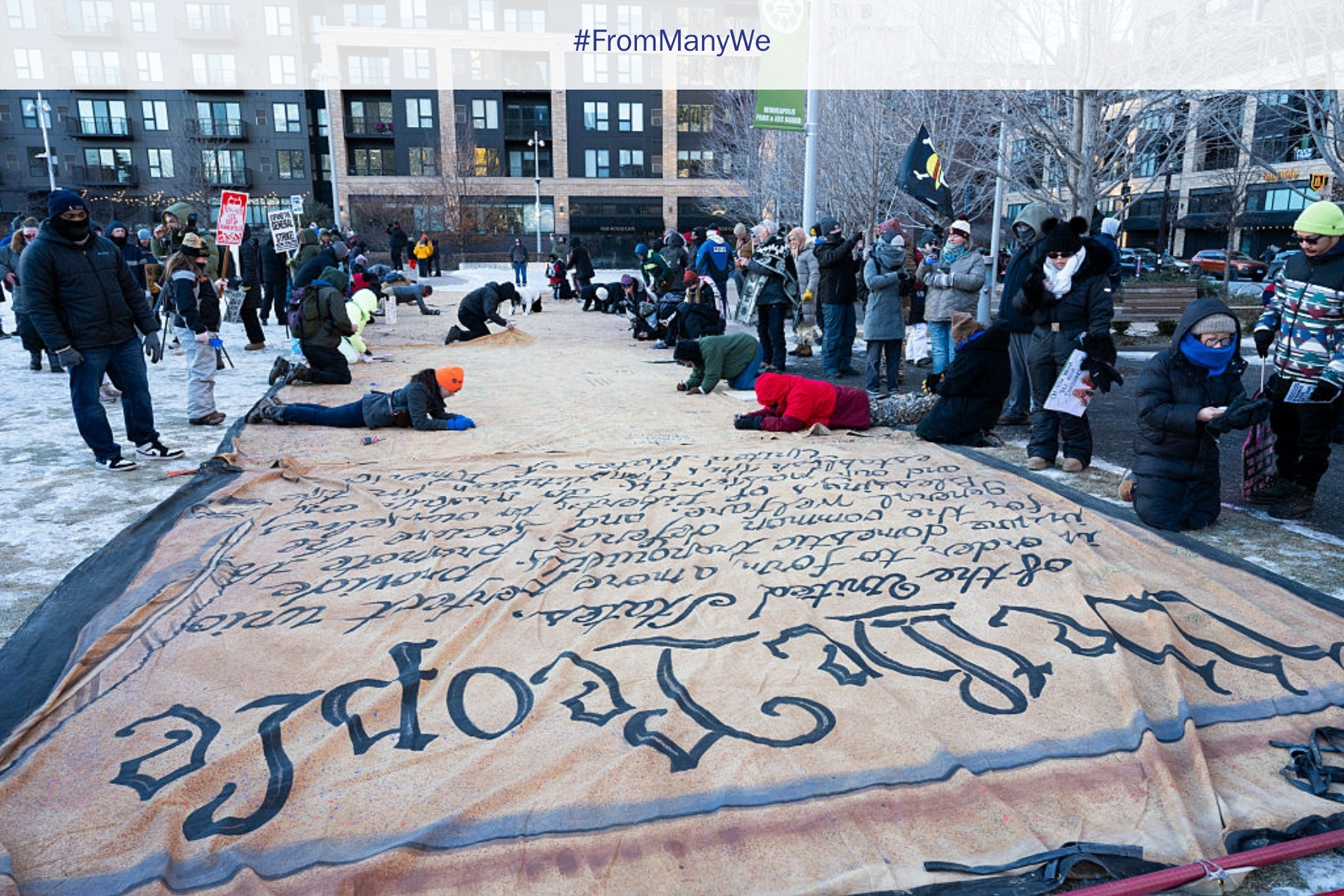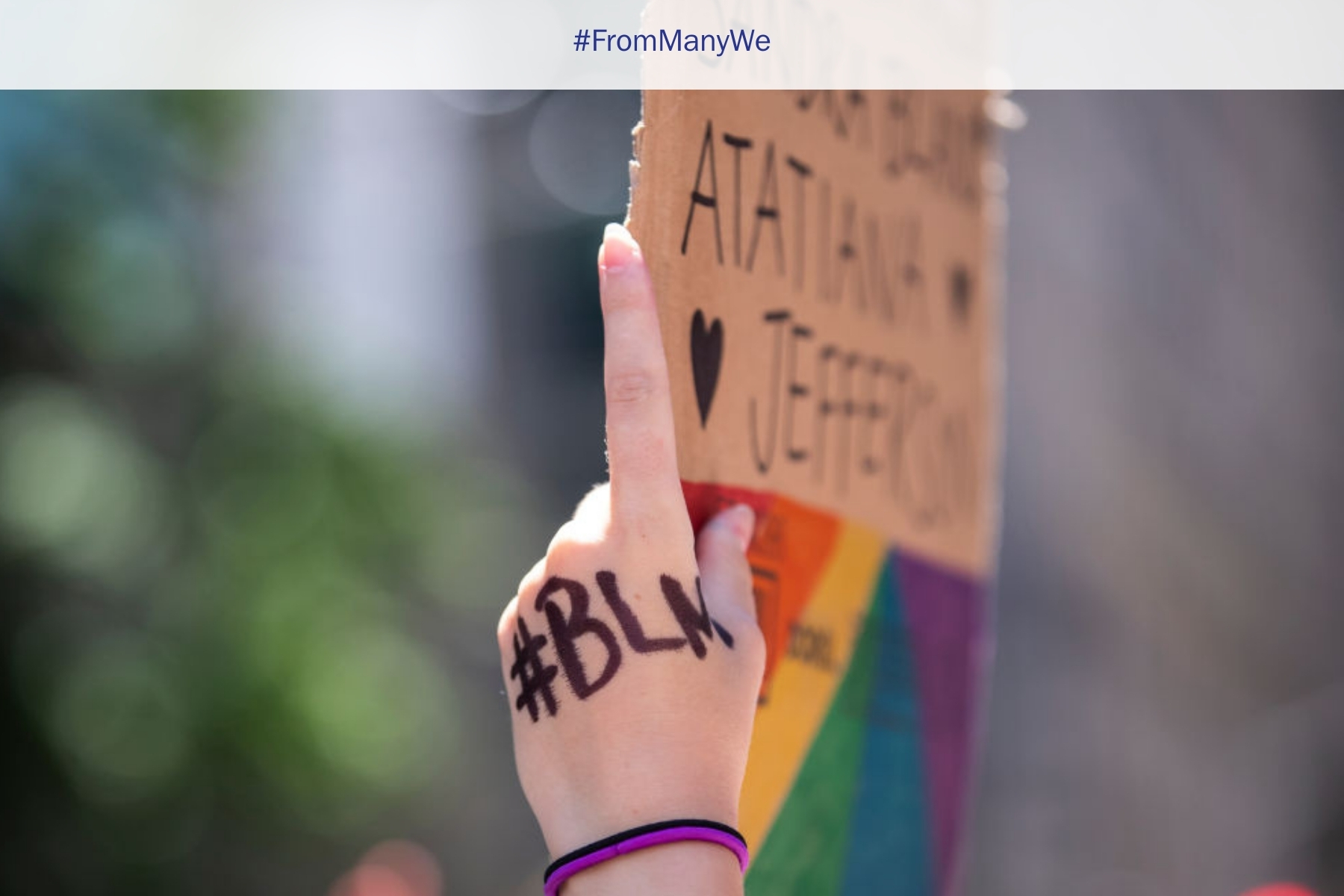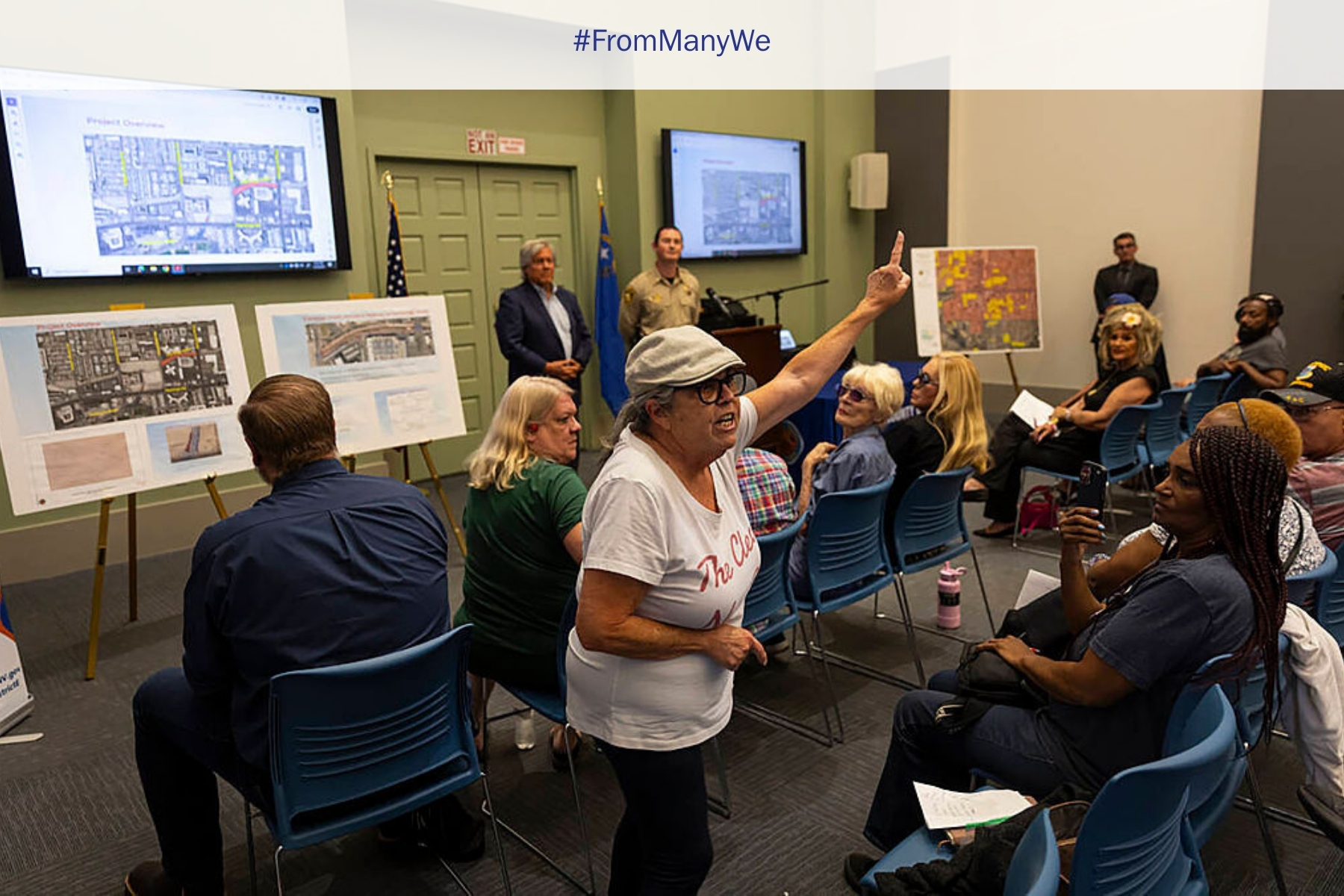Did America Just Vote to End Democracy? Making Sense of the 2024 Election

Donald J. Trump has been elected president of the United States, defeating Kamala Harris. The majority of American voters have registered their preference, and it now seems likely that the Republican Party will control all branches of federal government, with the ability and the mandate to pass legislation and enact their preferred policies.
The losing candidate, Kamala Harris, made occasional missteps, but her campaign also provided ample evidence of her political skills. After Joe Biden’s belated withdrawal, she consolidated support within her own party, and despite an abbreviated calendar and a mostly inherited campaign staff, she ran a disciplined race, notching a nearly unanimously acknowledged debate victory against Trump in the process. And she almost won the damn thing.
Democracy was a central message in Harris’s campaign. She pledged “to hold sacred America’s fundamental principles, from the rule of law, to free and fair elections, to the peaceful transfer of power.” She warned that Trump had expressed “explicit intent to jail journalists, political opponents and anyone he sees as the enemy . . . [and] to deploy our active duty military against our own citizens.”
Trump campaigned on division and disinformation. He never wavered from the lie that the 2020 election was rigged in Biden’s favor, making Trump by far the most influential figure in modern American history in promoting distrust of our nation’s democratic institutions and norms. Immigrants have been the most frequent and consistent target for his hateful rhetoric; their lack of voting rights makes them a convenient scapegoat. But immigrants haven’t been the only object of Trump’s ire. He has also fulminated darkly about “sick people, radical left lunatics,” and suggested deploying the military to “handle” them.
Trump’s policy proposals in this election have been vaguer and perhaps less serious than Harris’s. (The 2024 Democratic platform was eight times the length of its Republican equivalent.) He has promised “the largest deportation operation in American history.” He says that he will deport between 15 and 20 million people, which is more than the current undocumented population of the United States, and which would rank among the largest population movements in world history.
On economics (an area where he consistently maintained a polling advantage over the Democrats throughout the campaign), he has promised to solve inflation and all other ills through a panacea of radically increased tariffs, subsidizing domestic fossil fuel production, and tax cuts whose benefits will flow mainly to the wealthy. Analyses of these proposals even by traditionally conservative organizations suggest that they would be inflationary and massively increase the national debt.
Dozens of officials who worked closely with Trump during his first term in office, including from the highest-level White House offices, warned that he is unfit for the presidency. There’s never been anything like that before in American history.
So American voters were given a choice between inclusion and division, between seriousness and senselessness, between competence and chaos, and perhaps, between freedom and fascism. More than a third of us abstained from this decision, and among those of us who did vote, we chose the latter.
Is it time to give up on democracy?
Trump has demonstrated a talent for exploiting the problems of American democracy, but he did not create them. He has spent a lifetime building his own name into a brand synonymous with success and power, and he has capitalized on Americans’ widespread alienation from their country’s leading institutions of government, media, and corporations.
Democracy is messy under the best of circumstances. Humans are imperfect, and citizens can be tempted by convenient scapegoats and false promises. Voters are often reacting retrospectively, expressing approval or disapproval of existing leadership, policies, and conditions.
Democracy first and foremost preserves the public’s right to change their minds. Donald Trump has legitimately won this election under the procedures specified by the US Constitution. He has earned four years in the White House. But the Constitution also prescribes limits to presidential powers, protects fundamental civil rights, and requires that current and future voters have opportunities to reconsider their leadership. These are the protections we must now work to preserve.
Alex Lovit is a senior program officer and historian at the Kettering Foundation. He is the host and executive producer of the Kettering Foundation podcast The Context.
From Many, We is a Charles F. Kettering Foundation blog series that highlights the insights of thought leaders dedicated to the idea of inclusive democracy. Queries may be directed to fmw@kettering.org.
The views and opinions expressed by contributors to our digital communications are made independent of their affiliation with the Charles F. Kettering Foundation and without the foundation’s warranty of accuracy, authenticity, or completeness. Such statements do not reflect the views and opinions of the foundation which hereby disclaims liability to any party for direct, indirect, implied, punitive, special, incidental, or other consequential damages that may arise in connection with statements made by a contributor during their association with the foundation or independently.








